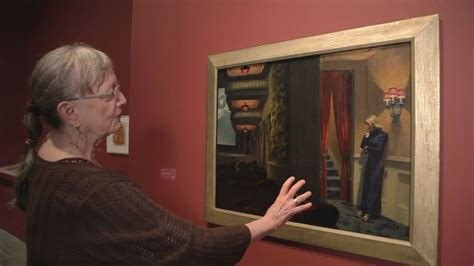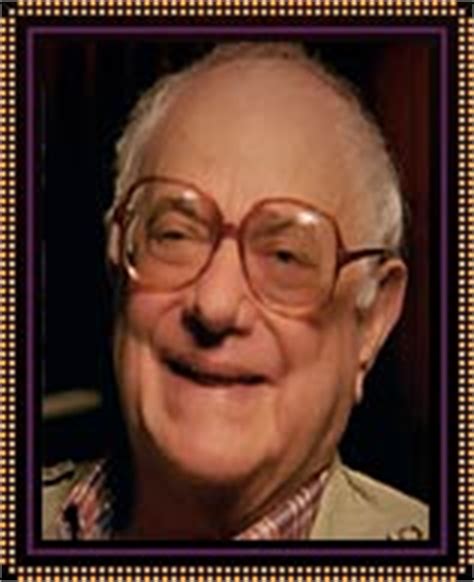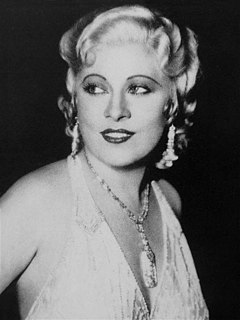A Quote by Tony Kushner
You have to have hope. It's irresponsible to give false hope, which I think a lot of playwrights are guilty of. But I also think it's irresponsible to simply be a nihilist, which quite a lot of playwrights, especially playwrights younger than me, have become guilty of.
Quote Topics
Related Quotes
Belonging to the Dramatists Guild Council where, with my fellow dramatists, I can directly affect (and protect) the professional lives of all American Playwrights has always made me feel that I am returning as much to the theatre as I withdraw. Because only playwrights can ensure the well-being of playwrights. No one else will do it for us.
About four years ago I made a list, for my own amusement, of the playwrights, the contemporary playwrights, by whom critics said I'd been influenced. I listed twenty-five. It included five playwrights whose work I didn't know, so I read these five playwrights and indeed now I suppose I can say I have been influenced by them. The problem is that the people who write these articles find the inevitable similarities of people writing in the same generation, in the same century, and on the same planet, and they put them together in a group.
I think more than anything, you should do what you love. If you love classical playwrights, seek out companies or places that are doing that. If you love modern playwrights, try to find groups who are writing new plays or working on new plays. If you love television, watch as much theater and film as you can.
A rather ugly thing starts happening: the playwright finds himself knocked down for works that quite often are just as good or better than the works he's been praised for previously. And a lot of playwrights become confused by this and they start doing imitations of what they've done before, or they try to do something entirely different, in which case they get accused by the same critics of not doing what they used to do so well.
In the thirties a whole school of criticism bogged down intellectually in those agitprop, social-realistic days. A play had to be progressive. A number of plays by playwrights who were thought very highly of then - they were very bad playwrights - were highly praised because their themes were intellectually and politically proper. This intellectual morass is very dangerous, it seems to me. A form of censorship.
The English playwrights of the '50s and '60s didn't really keep writing or getting produced, while the Irish did. There's encouragement for the younger ones also in the fact that Ireland is exceptional in its ability to make theater part of the national dialogue, and it reaches to all four corners of the country.

































